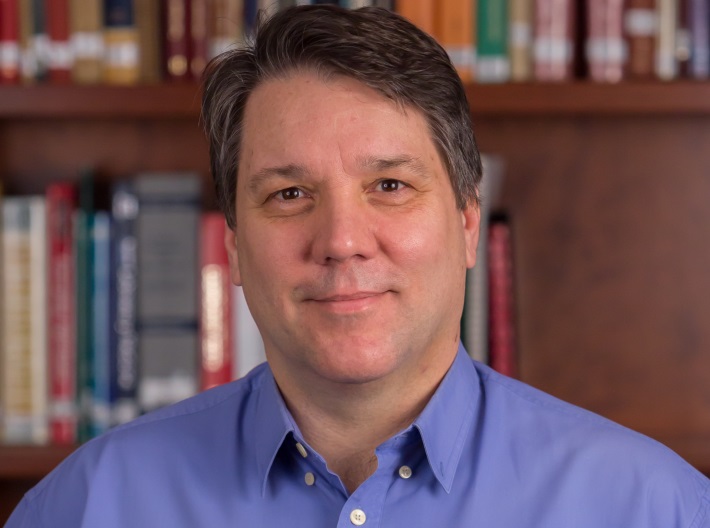Mission
Marcus O. Muench, PhD, is a senior scientist at Vitalant Research Institute and an Associate Adjunct Professor in the Department of Laboratory Medicine at the University of California San Francisco (UCSF). Dr. Muench received his AS degree from the College of Marin and BS degree from the University of California, Davis. He earned his PhD from Weill Cornell Graduate School of Medical Sciences working in the Laboratory of Developmental Hematopoiesis at the Sloan-Kettering Institute. Dr. Muench received post-doctoral training in the Human Immunology Department at DNAX Research Institute for Cellular and Molecular Biology before joining the faculty of the Fetal Treatment Center at UCSF.

Director: Marcus Muench, PhD
The focus of the Muench laboratory is on cellular therapies, transfusion and models of infectious disease. Current projects focus on the use of stem cells for the treatment of blood and other disorders, in vivo modeling of transfusion and in vivo modeling of various infectious diseases. The laboratory has a strong interest in developmental stem cell biology with a focus on understanding the development of the liver and blood-forming tissues. We also work closely with many of the investigators at VRI using in vitro and in vivo models to study various viral and parasitic diseases with the goal of developing methods of preventing infection or new therapies.
Our group is studying the use of various cell and stem cell populations for application in new cellular therapies. The main focus is on the development of various stem cell populations. Current projects focus on cell therapy for hemophilia A, the development of blood-forming tissues, and the development of mesenchymal stromal cell populations.
Our group is working on the development of safer and better blood products. We have developed in vivo models to evaluate pathogen inactivation technologies and to test the efficacy of new blood components.
Viruses and parasites pose a threat to the blood supply as evidenced by the recent widespread outbreaks of Chikungunya and Zika viruses. Our group is using in vitro and vivo models to help study various pathogenic organisms to better understand the risk that they pose to the blood supply and to help develop vaccine and therapeutic options.